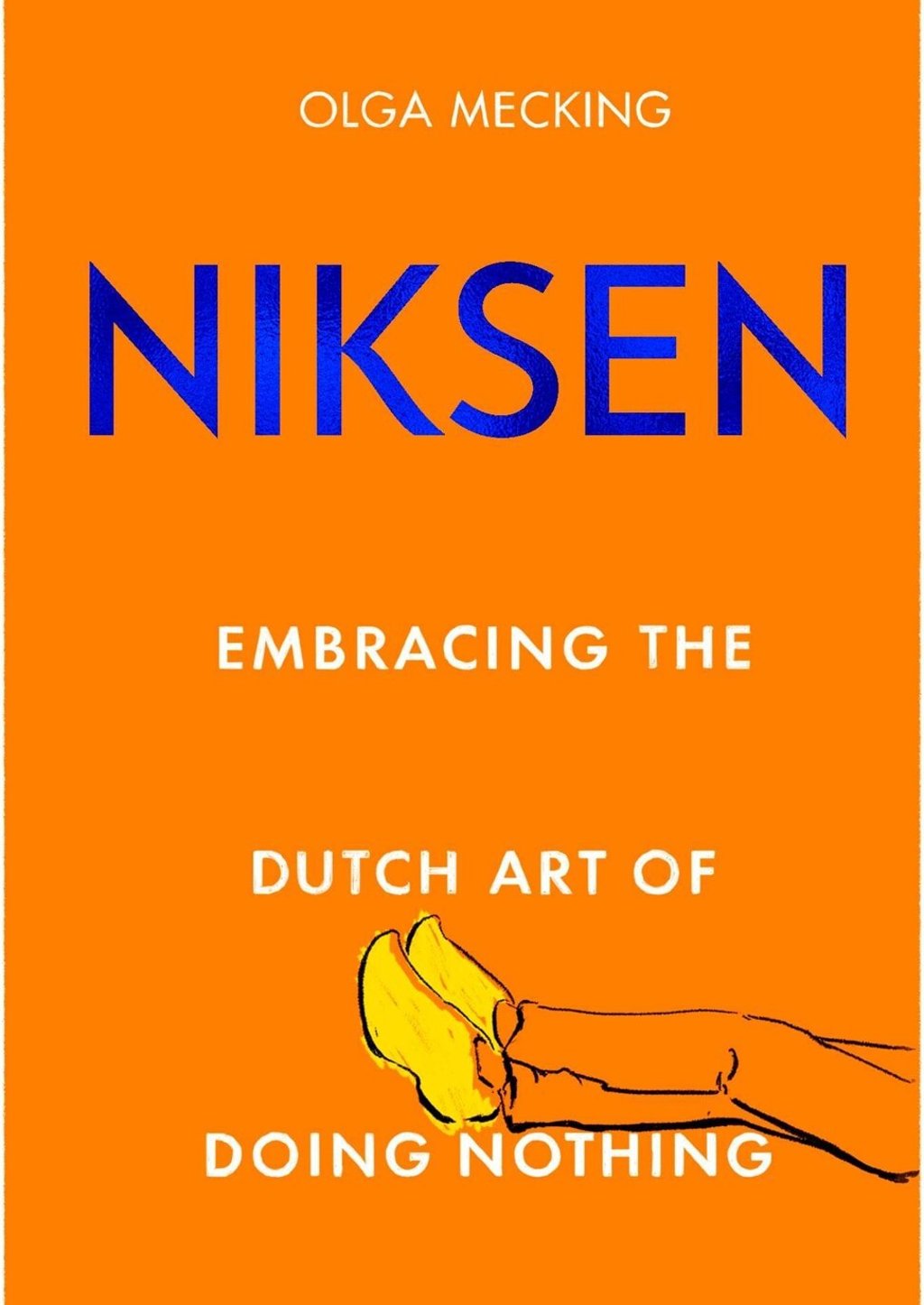Explainer | The benefits of doing nothing, from stress relief to having more creative ideas, and the Dutch word that embodies the act
- When not focusing on anything, our thoughts bump into each other which leads to other, more interesting thoughts and ideas, an author on the topic says
- The concept of purposefully doing nothing is summed up by the Dutch verb ‘niksen’, though not all experts believe in its benefits

Some people baked banana bread. Others tried their hand at sourdough. Then the trick of whisking instant coffee into froth exploded onto the scene. DIY projects became trendy. Tie-dye shirts coloured social media posts. Zoom meetings – for work, to meet family and friends, and to have parties – became the norm.
The year of the pandemic had people turning into everyday ninjas. But not everyone wanted their day ruled by the pings of their Google calendar. Some were happy to purposefully do nothing. Or, as the Dutch say, niksen.
Renewed conversations around the concept were sparked by the release in October of the book Niksen: Embracing the Dutch Art of Doing Nothing by Netherlands-based Polish journalist and writer Olga Mecking. Wearied and fatigued, many people have embraced it in a bid to tone down the productivity rhetoric.

Mecking says the idea for the book came from reading an article in a Dutch wellness magazine called Gezond Nu (Healthy Now) which said “Niksen is the new mindfulness”.